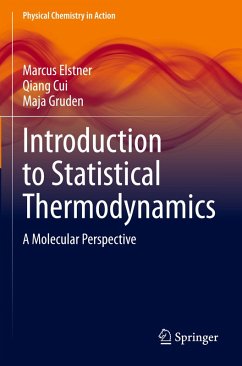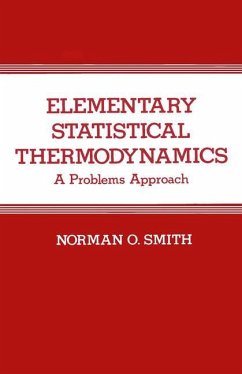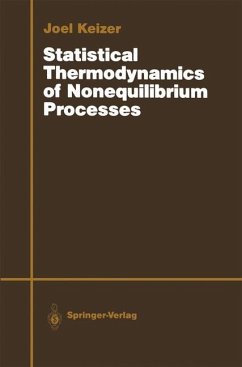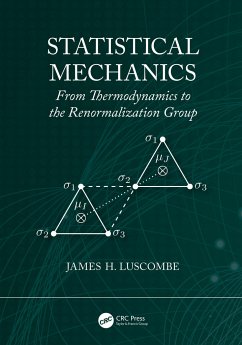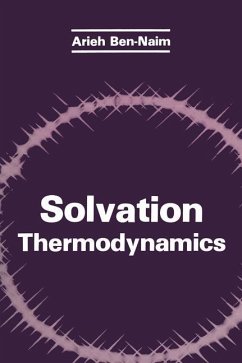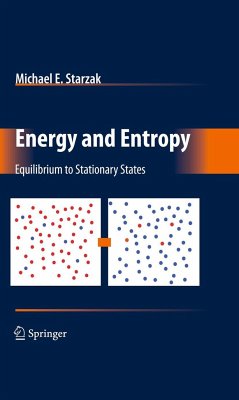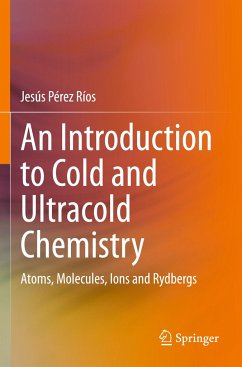
Introduction to Statistical Thermodynamics
A Molecular Perspective
Versandkostenfrei!
Versandfertig in 6-10 Tagen
76,99 €
inkl. MwSt.
Weitere Ausgaben:

PAYBACK Punkte
38 °P sammeln!
This textbook presents the fundamentals of statistical thermodynamics and electronic structure theory and focuses on introducing the central concepts of thermodynamics and their relation to microscopic theories in a conceptually clear and simple way. The emphasis is on the description of what is going on at the microscopic level, which allows readers to understand the various facets of entropy as the fundamental driving force of all material behaviors. An atomistic perspective is introduced from the beginning, highlighting the importance of molecular structure and microscopic degrees of freedo...
This textbook presents the fundamentals of statistical thermodynamics and electronic structure theory and focuses on introducing the central concepts of thermodynamics and their relation to microscopic theories in a conceptually clear and simple way. The emphasis is on the description of what is going on at the microscopic level, which allows readers to understand the various facets of entropy as the fundamental driving force of all material behaviors. An atomistic perspective is introduced from the beginning, highlighting the importance of molecular structure and microscopic degrees of freedom for understanding the thermodynamic properties of materials, such as heat capacity and magnetization. Because of their importance in various research fields, classical and quantum aspects are treated equally, allowing modern research topics to be addressed with molecular simulation and electronic structure theory. It is a valuable resource for undergraduate and graduate students in chemistry,physics, and materials science, and its modular structure makes it suitable for any reader.



